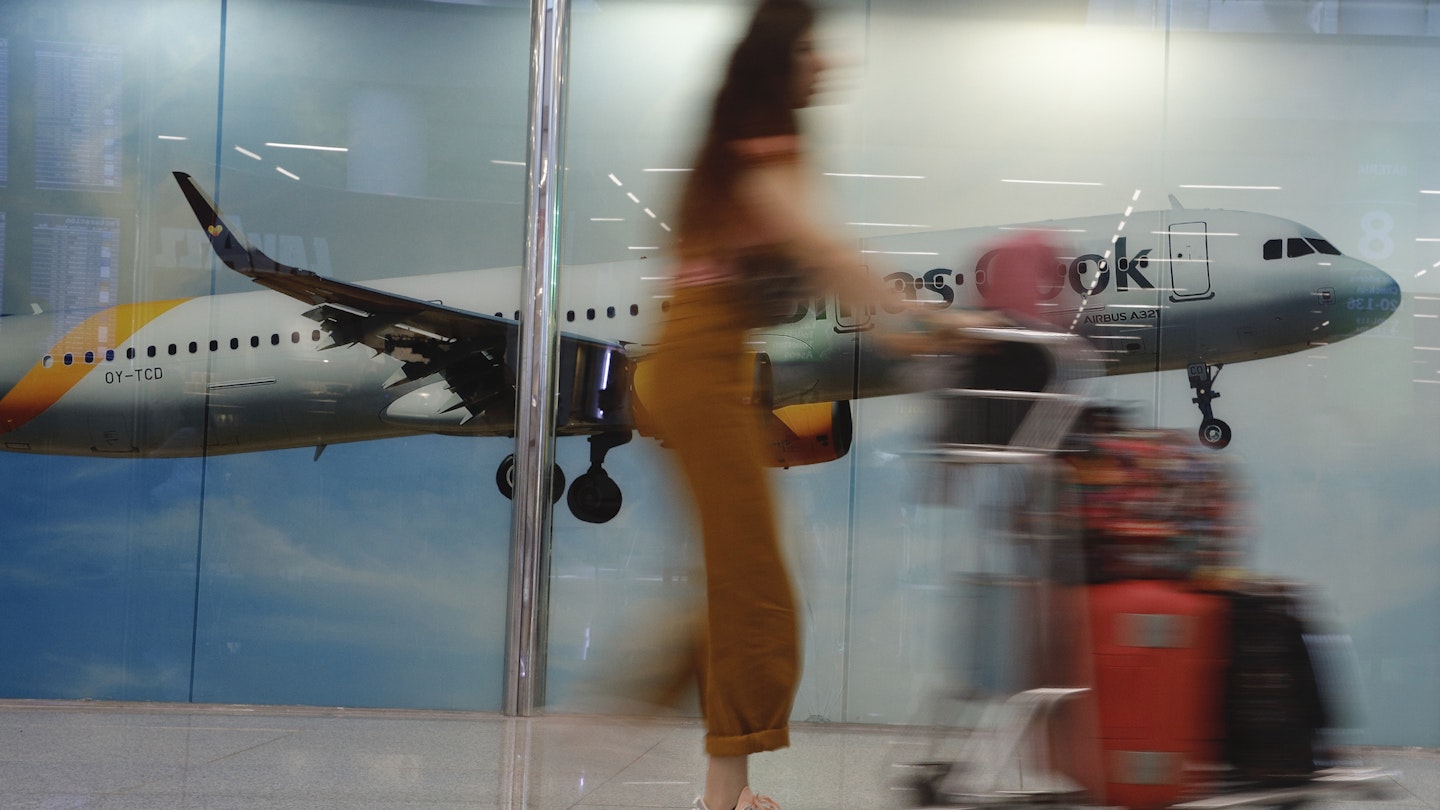We’ve experienced failures in airlines, tour operators, hotels, and retail sectors, but never before have we witnessed a collapse on the scale presented by the collapse of Thomas Cook. This incident has thrown an already volatile travel industry into disarray. Therefore, travel expert Eoghan Corry examines the implications in the coming months for those travelling abroad.
Will Other Companies Be Stepping In?
Booking a package holiday with Thomas Cook meant having flights, transport, and accommodation covered. Consequently, in light of its collapse, one would expect the hotels that were emptied of customers to offer rooms at bargain rates. However, how will travellers reach these hotels? The airports served by Thomas Cook might be expected to find other airlines to operate flights there. But aircraft availability is not guaranteed. Instead of leading to a plethora of cheap airfares, prices are increasing as demand continues to outstrip supply, which may not just be a short-term trend.

What Does This Mean for Package Holidays?
Traditional package holidays, which were once conveniently purchased in-store, will now be harder to find. In the UK, Thomas Cook had about 35% of the retail market, making its absence keenly felt. It will take time for competitors to build the necessary infrastructure to capture that market share.
One might expect that physical travel agencies will quickly be taken over by another retailer, eager to attract travellers who prefer in-person service when planning their holidays. However, the Thomas Cook collapse has significantly shaken confidence in this market among both landlords and prospective tenants. Travel agents already struggled with an image problem among millennials, and this situation has only exacerbated the issue.

What Destinations Will Be Hit the Hardest?
The aviation business is arguably the most intricate aspect of the travel fallout. Thomas Cook tended to avoid destinations served by low-cost airlines, which means that there are often no alternative flights available for its former routes.
At the time of its demise, Thomas Cook had established a clear preference for destinations where the package holiday remained strong. This included popular areas such as the Canaries and Balearics, alongside regions like Turkey and Tunisia, which low-cost airlines were unable to serve effectively due to distance and regulatory barriers. Such regions are most vulnerable to the basic supply/demand imbalance, where customer loyalty is minimized compared to the opportunity to charge premium rates for seat availability. The vast scale of Thomas Cook’s operations—such as nine routes at Hammamet and ten at Antalya—may not have a long-term impact on overall airfare prices. However, the lack of a comparable alternative company in these markets poses significant challenges.
As fuel prices remain unpredictable and the Boeing 737 Max is grounded until at least February, with delays in Airbus A320 deliveries (the only two manufacturers in this sector), airlines may find it difficult to step in and fill the gaps left by Thomas Cook. Thus, as the 2019 holiday season comes to a close, uncertainty lingers.
Will the uncertainty surrounding aircraft deliveries and fuel supplies be resolved by next spring? Even before the 2020 holiday season arrives, it is already overshadowed by a large, grey, unwelcome cloud—the residual impact of Thomas Cook.





